The Future of Immersive Racing Game Simulators and Their Impact on Gaming Experience
Table of Contents
- Benefits of Enhanced Realism in Immersive Racing Simulators
- Impact of VR Technology on Player Engagement and Skill Development
- Economic Growth of the Esports Industry and Racing Simulators
- Data-Driven Insights: Player Preferences and Simulator Features
- Community Building Through Multiplayer Racing Simulations
- The Role of Artificial Intelligence in Customizing Racing Experiences
- FAQS
- Conclusion
- Related Posts
The realm of interactive entertainment is rapidly evolving, and the racing game simulator niche is at the forefront of this transformation. According to a recent report by Newzoo, the global gaming market is projected to surpass $200 billion by 2023, with immersive technologies like virtual reality (VR) being a significant contributor to this growth. Racing game simulators, in particular, have been gaining traction as they offer players unparalleled experiences that bridge the gap between virtual and real-world racing.
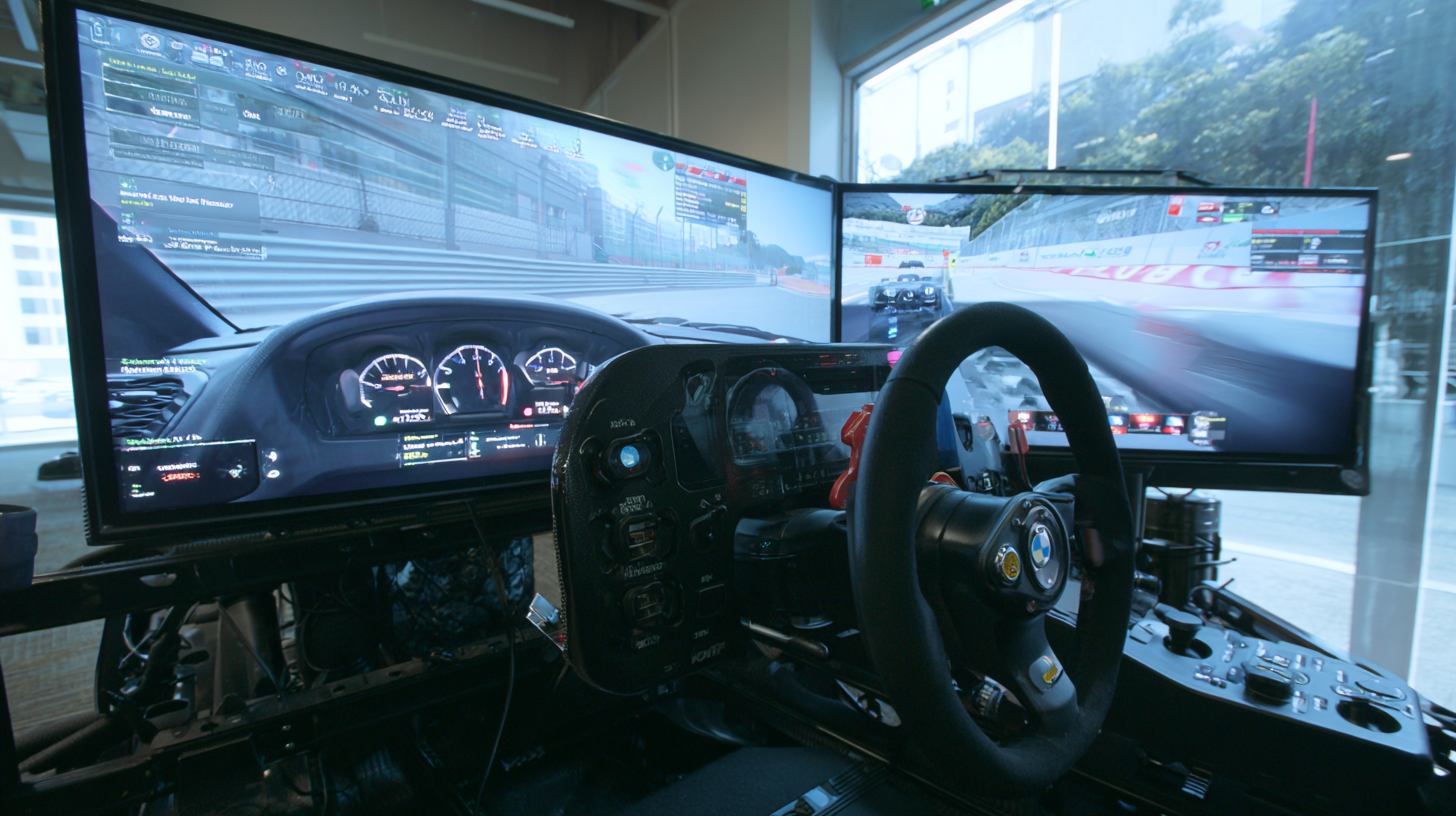
As a pioneer in VR simulation, Guangzhou Longcheng Electronic Co., Ltd., VART VR is dedicated to enhancing this experience. Located in Guangzhou, our company has established a robust infrastructure spanning 8,000 square meters and employs over 60 professionals dedicated to advancing VR gaming technologies. Our one-stop solutions for VR and cinema projects are set to redefine what immersive racing experiences can achieve, delivering both excitement and realism for enthusiasts around the globe.
Benefits of Enhanced Realism in Immersive Racing Simulators
The rise of immersive racing game simulators has redefined the boundaries of realism in gaming, offering players an engaging experience that closely mimics real-life racing. According to a report by Statista, the global gaming market for racing simulators is expected to reach $1.6 billion by 2025, driven by advancements in technology and consumer demand for highly realistic experiences. Enhanced realism in these simulators not only attracts avid racers but also casual gamers, making the genre more accessible and enjoyable for a broader audience.
One of the key benefits of enhanced realism is the positive impact on player engagement and skill development. A study published by the Entertainment Software Association highlights that gamers who engage with realistic simulators show a 25% improvement in hand-eye coordination and decision-making skills compared to those playing traditional arcade-style games. Features such as advanced physics engines, precise vehicle dynamics, and high-fidelity graphics contribute to a faithful representation of real-world racing environments, allowing players to immerse themselves in lifelike scenarios. As technology continues to evolve, these immersive experiences are set to further enhance player satisfaction and retention in the competitive gaming landscape.
Impact of VR Technology on Player Engagement and Skill Development
The evolution of immersive racing game simulators is set to redefine player engagement through the integration of
virtual reality (VR) technology. By placing players directly in the driver's seat,
VR brings an unparalleled level of realism that traditional gaming interfaces cannot replicate. This immersive experience allows players to feel the
G-forces of sharp turns and the tactile feedback of a steering wheel against the road, heightening their emotional investment in the game.
As players navigate through lifelike environments, their ability to focus and react quickly becomes more pronounced, creating a deeply engaging experience that keeps them coming back for more.
Moreover, VR technology offers unique opportunities for skill development. Players can refine their racing techniques in a controlled environment, from
perfecting their braking points to mastering oversteer in various vehicle dynamics.
This adaptive learning approach not only helps players improve their skills but also enhances their understanding of racing physics. Whether working solo or competing against others in a virtual arena,
the immersive nature of these simulators encourages continuous practice and promotes a deeper appreciation of racing as a sport. As these technologies advance, the impact on player engagement and skill enhancement will be profound, establishing a new standard for
experiential gaming.
Economic Growth of the Esports Industry and Racing Simulators
The rapid evolution of the esports industry has significantly influenced the gaming landscape, particularly in the realm of immersive racing simulators. According to a recent report from Newzoo, the global esports market was valued at approximately $1.08 billion in 2021 and is projected to reach $1.86 billion by 2025. This growth is fueled by increasing viewership, sponsorship deals, and the rising popularity of competitive gaming platforms, especially racing simulations that provide players with realistic driving experiences.
Investors and stakeholders are recognizing the potential of racing simulators as a niche within this booming sector. For instance, the data from Statista indicates that the racing video game market is expected to grow by 7.9% annually, reaching a value of over $6 billion by 2023. This upward trend highlights the growing interest in esports events centered around racing simulators, where players not only compete but also showcase their skills in highly immersive environments.
Tip: Engaging with the community through online forums and platforms can enhance your racing skills. Regularly participating in virtual tournaments can provide invaluable experience and exposure to professional techniques.
Tip: For aspiring gamers, investing in quality hardware such as racing wheels and VR headsets can greatly improve the immersive experience, allowing you to hone your skills and enjoy a more authentic racing simulation.
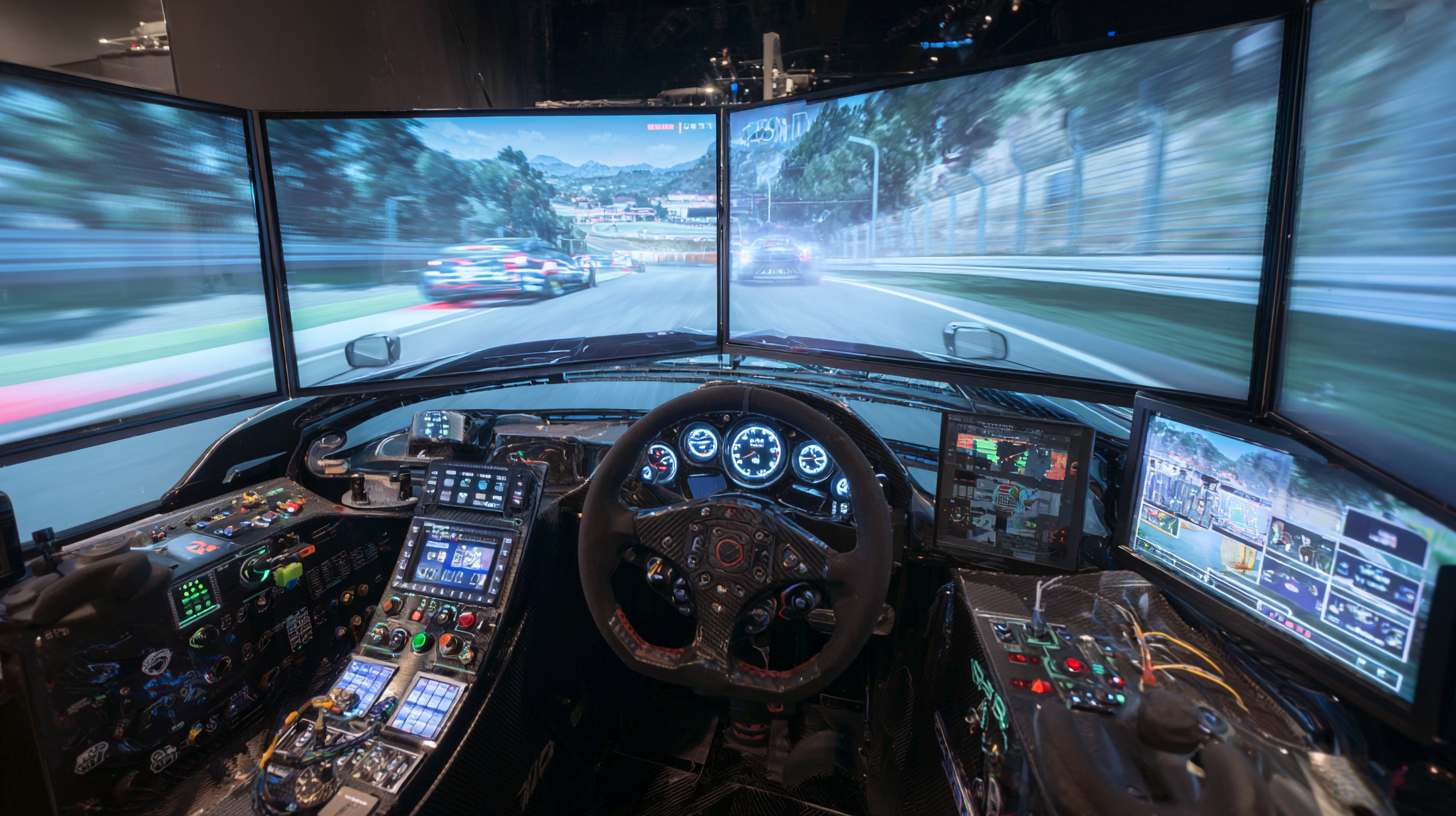
Data-Driven Insights: Player Preferences and Simulator Features
As the gaming industry evolves, immersive racing game simulators are becoming increasingly sophisticated, largely driven by player preferences and the integration of advanced features. Recent data from a survey conducted by the International Game Developers Association suggests that about 65% of players prioritize realism in racing simulators, valuing accurate physics and vehicle dynamics. This demand for authenticity has led developers to enhance graphics and adopt cutting-edge technologies such as virtual reality (VR), which offers an unparalleled sense of presence and immersion.
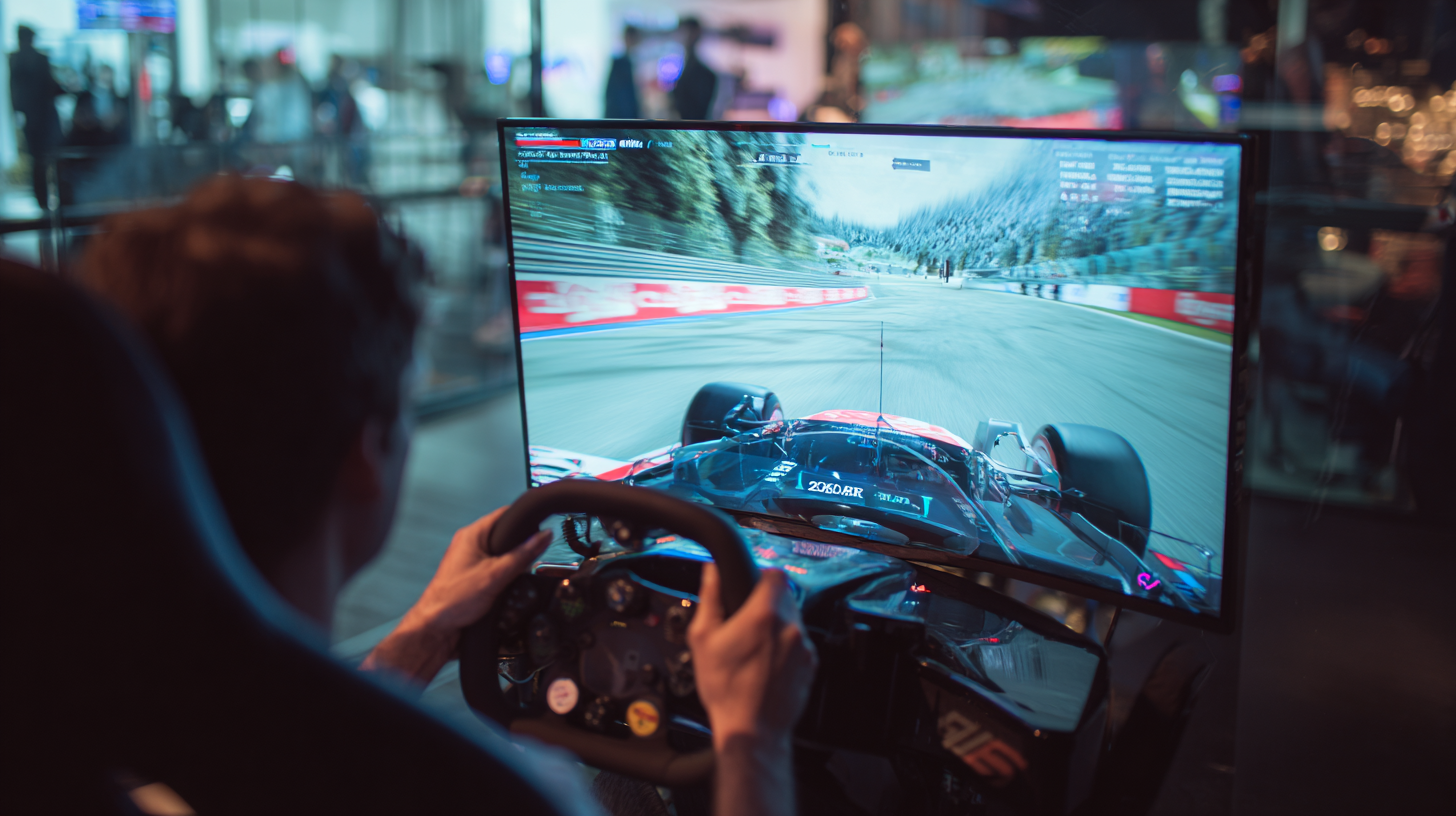
Furthermore, player customization options play a crucial role in enhancing the gaming experience. Analytics from a report by Newzoo indicate that approximately 58% of racing game enthusiasts prefer simulators that allow for extensive vehicle modifications and personalization. These insights reveal a trend towards creating more tailored experiences that resonate with individual player identities. As developers incorporate data-driven insights into their design choices, we can expect future racing simulators to not only push the boundaries of technology but also to cater to the nuanced preferences of their dedicated player base.
Community Building Through Multiplayer Racing Simulations
In the evolving landscape of gaming, immersive racing game simulators are emerging as crucial platforms for community building through multiplayer experiences. These games not only offer heart-pounding thrills but also serve as social hubs where players can connect, strategize, and compete against one another. The intertwined nature of competition and collaboration in multiplayer racing simulations fosters strong bonds among players, allowing friendships to flourish within the high-speed world of virtual racing.
As gaming platforms increasingly focus on cross-play features, players can seamlessly race with friends across different devices, further enhancing social interactions. This inclusivity transforms racing games into communal experiences, making them accessible to a diverse audience. The cognitive and emotional benefits of such engagement are significant; players enhance their decision-making skills and emotional resilience while enjoying the camaraderie that comes from shared victories and defeats. In essence, the multiplayer aspect of racing simulations not only transforms the way we view competition but also enriches our social fabric, illustrating the power of gaming in bringing people together.
The Future of Immersive Racing Game Simulators
The Role of Artificial Intelligence in Customizing Racing Experiences
As immersive racing game simulators continue to evolve, the role of artificial intelligence in customizing racing experiences becomes increasingly significant. AI technology allows developers to create dynamic environments that adapt to each player's style and skill level. By analyzing data from players' past performances, AI can adjust the game difficulty, creating a more personalized and engaging experience. This means that both seasoned racers and newcomers can enjoy a tailored journey, maximizing their enjoyment and minimizing frustration.
Tip: To make the most of AI-assisted customization, regularly engage with the game’s feedback systems. Providing input on what you enjoy or find challenging can help the AI refine your racing experience.
Moreover, AI can also enhance the realism of racing simulations by generating lifelike opponents. These AI racers can replicate human behavior, learning from players' strategies and adapting their tactics accordingly. This leads to thrilling races that feel fresh and unpredictable with every session.
Tip: Experiment with different racing styles and approaches to challenge the AI. Embrace both aggressive and defensive strategies, as this will not only improve your skill but also enrich your overall gaming experience.
FAQS
: Enhanced realism in racing simulators improves player engagement and skill development, leading to a 25% improvement in hand-eye coordination and decision-making skills compared to traditional arcade games.
VR technology places players directly in the driver's seat, providing a level of realism that traditional interfaces can't match. It enhances emotional investment by allowing players to experience G-forces and tactile feedback, making the gameplay more immersive.
Players can refine techniques such as braking points and handling oversteer, enhancing their understanding of racing physics and improving their skills in a controlled environment.
Multiplayer racing simulations serve as social hubs where players connect, strategize, and compete, fostering strong bonds and friendships within the racing community.
Cross-play allows players to race with friends across different devices, enhancing social interactions and making racing games more inclusive and accessible.
Players can enhance their decision-making skills and emotional resilience while enjoying the camaraderie that comes from shared experiences in victories and defeats.
The global gaming market for racing simulators is projected to reach $1.6 billion by 2025, driven by technological advancements and consumer demand for realistic gaming experiences.
Enhanced realism makes racing games more accessible and enjoyable for a broader audience, attracting not only avid racers but also casual gamers looking for engaging experiences.
As technology evolves, the immersive experiences in racing simulators are expected to further enhance player satisfaction and retention, setting a new standard for experiential gaming.
The immersive nature of these simulators encourages continuous practice and a deeper understanding of the complexities of racing, allowing players to develop a greater appreciation for the sport.
Conclusion
The future of immersive racing game simulators is poised to revolutionize the gaming experience by enhancing realism and player engagement. With the advent of advanced VR technology, players are not only becoming more immersed in virtual environments, but they are also developing their racing skills in ways that were previously unimaginable. As the esports industry continues to grow, the economic impact of racing simulators becomes more pronounced, with increasing opportunities for community building through multiplayer experiences.
Furthermore, data-driven insights into player preferences are shaping the features and capabilities of racing game simulators, providing tailored experiences for users. The integration of artificial intelligence will further customize these simulations, enhancing user satisfaction. At Guangzhou Longcheng Electronic Co., Ltd., we are at the forefront of this revolution, offering one-stop VR solutions that cater to the evolving needs of racing enthusiasts, ensuring they enjoy the most cutting-edge simulator experiences available.
Related Posts
-
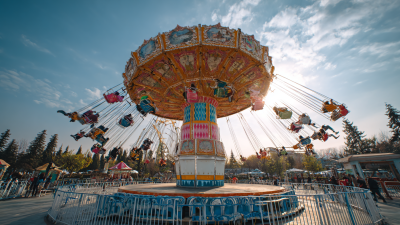
From China to the World: Discovering Unmatched Quality in Amusement Park Rides for Sale
-
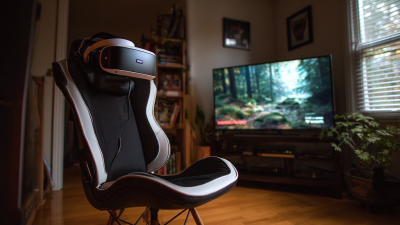
7 Ultimate Tips for Choosing the Best Gaming Chair for VR Experience
-
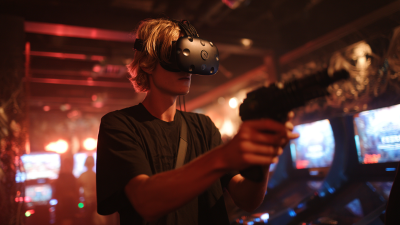
What Makes VR Arcades a Revolutionary Experience in Entertainment
-
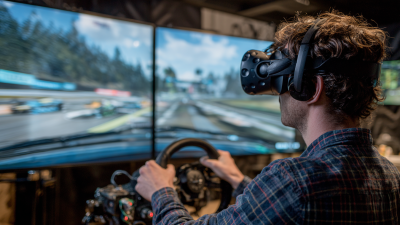
Issues with 9d Vr Simulator Games and Their Impact on User Experience
-
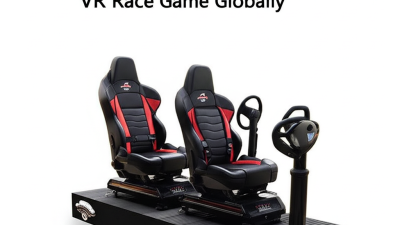
From China's Leading Factory The Trusted Source for the Best VR Race Game Globally
-
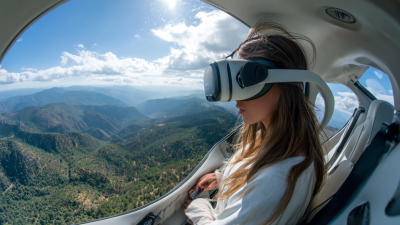
How to Elevate Your Business with Vr Flight Solutions

